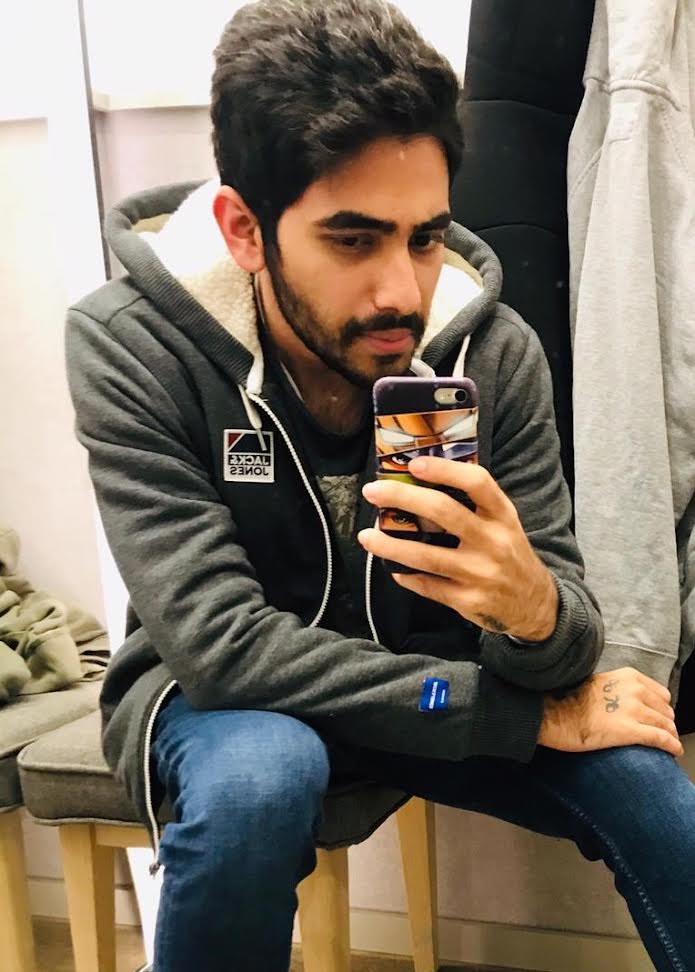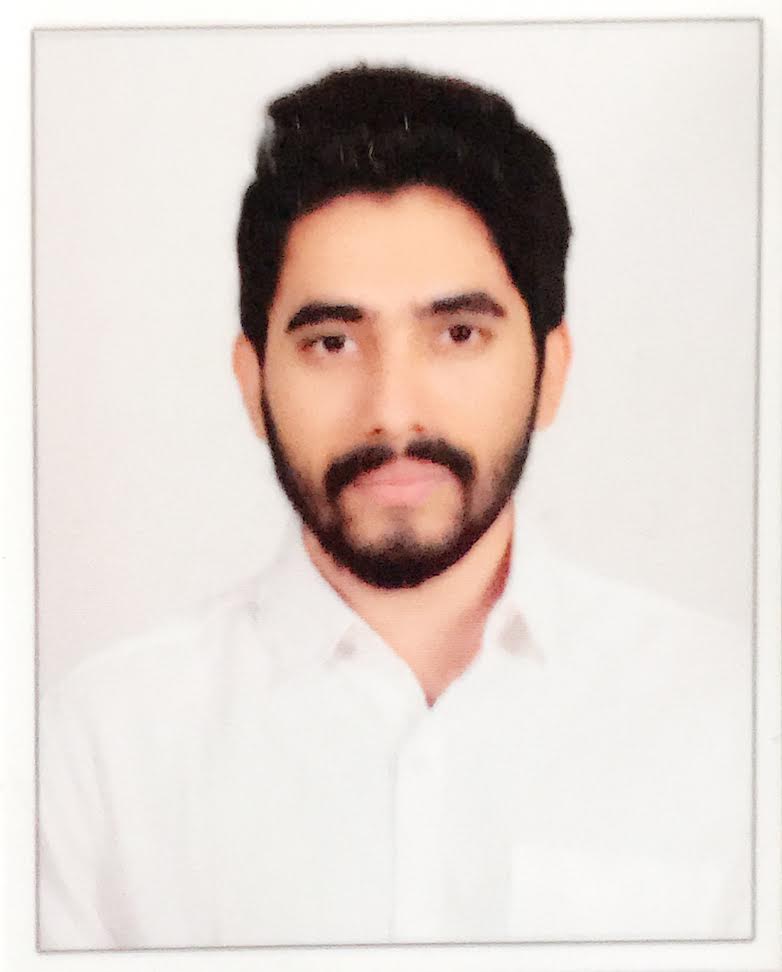May 29, 2022 - Among the growing number of foreigners relocating to Croatia, international students are increasingly visible. So who are these foreign students choosing Croatia, and why? In the fifth of a new series, we get the perspectives of life and study in Croatia through the eyes of its foreign students, continuing with Nirupam Kumar Mundra from India.
Among the many foreign tongues heard around the Croatian capital these days is the growing number of students choosing to do their graduate programmes in Croatia. A safe, affordable EU country, with a rapidly expanding programme of high-quality graduate courses in English, with excellent employment opportunities upon graduation, are just some of the reasons for choosing Croatia. And the quality of that education was highlighted recently, as Algebra University College signed an academic partnership agreement with Goldsmiths, University of London (as reported previously on TCN), thereby allowing Algebra students to study under the approved programmes of one of the 500 best universities in the world according to the World University Ranking.
Despite the growing excellence of English-language graduate and post-graduate education in Croatia, the opportunities are not so well known, and so TCN - in partnership with Algebra University College - has compiled an authoritative guide to what you need to know about studying in this beautiful country. Check out the Total Croatia Study in Croatia guide.
Nothing paints the real picture of studying in a foreign country better than the real experiences of students living the day-to-day reality. In a new series on TCN, we meet some of the international students who have fallen in love with Croatia, many of whom plan to stay and work here if they can find employment. We look at the realities of life, why they chose Croatia, and what advice they have for others contemplating studying in Croatia.
Time to meet Nirupam Kumar Mundra from India who is doing a graduate course in Applied Computer Engineering, Game Development at Algebra University College.

1. You chose to study in Croatia. Tell us what were the main factors in that decision.
I am from India. We don't have any university that offers game development graduate studies. I was looking for universities across Europe, and I found out that the course I am looking for is offered in Zagreb, Algebra University. The main factors I chose for education in Croatia is the curriculum is what I got attracted to most and the tuition fee, very affordable. The reason why Europe – it is rich in culture & people. I feel like I am on another planet, which I don’t want to leave.
2. How is the experience so far? Give us some pros and cons.
About the experience, I love the education system here. We have a vending machine in the university and a lounge. The technology used in the college is jaw-dropping for me.
Pros
- Beautiful city & people.
- Traveling doesn't take much time.
- Very good education system.
Cons
- Difficult to understand while purchasing grocery & food. The description is in Croatian on almost all products.
- Non-Croatian speakers will have difficulty sometimes communicating.
- Residence permit renewal every year.
3. How was your perception of studying in Croatia different from the reality? Give us some things that have surprised you about the experience?
When it comes to studies in Croatia, I can talk all day about things that surprised me. I was amazed how we can sit randomly in class with no gender rules. My university has an application where we can track our grades, attendance, and check exams & news. I love swiping my college ID card when I enter class, it’s for attendance. I know all these things are very common here but not for me. Especially I love the teaching structure. One day of lectures and another day is practice, a perfect way to learn.
4. How easy was it to do the paperwork to enroll in the study programme? Any suggestions to improve things?
Enrolling in the study program is so much easier. If there is a slight difficulty doing it, the university is always available to help us with the process. Usually, students from my place consult third party institutes to apply for universities abroad, but I did it on my own.
5. Tell us a little about the accommodation and the cost of living.
I started paying 500 Euros when I first came here, due to no exposure about the city and houses here. Later, I started learning things and got myself a new place paying only 250 Euros/ month. Some of my friends from India paid 180 euros/ month (it Includes rent & utilities).

6. Finding work is a key priority for students, both to help finance the study, but also upon graduation. How hard have you found it to find work, and what are the main obstacles?
I chose a different career path for my master studies. I must start from scratch, so I’ve decided to dedicate all my time to the university, so I haven’t made an attempt to apply for a job here. I think I’m not the right person to talk about this question.
7. Tell us about the Croatian lifestyle and making friends. How has it been for you?
What I see is making friends here is easy, everyone here is polite, friendly & welcoming. In my three years in Zagreb, I never encountered any racism or toxicity from students or anyone else.
8. Do you plan to (try and) stay in Croatia when your studies finish? Why/not?
I plan to find work here. The career I choose, which is game design, has a few good opportunities in Croatia. Most importantly I love Europe.
9. Three things you have enjoyed most about your experience studying in Croatia?
Festival arrangements & outdoor parties with music and decorated with beautiful lights.
Going out on trips to the coastal side of Croatia is the best.
Parks & libraries – they look like movie locations.
10. What advice do you have for people who are considering studying in Croatia?
It’s going to be challenging in the first few months, I will tell you one thing if you get to know Croatia and its people: it is worth living here. Since Croatia is not in the Schengen area zone (but it will be soon) with a Croatian resident permit, you can only travel to Bulgaria, Romania, and Cyprus, which I consider a limited option for few non-Europeans. I highly recommend learning a few Croatian words. It would help in a situation like purchasing food, groceries, also for travel & shopping.
Are you an international student on a graduate or post-graduate course in Croatia, who would like to be featured in this series? Contact us on This email address is being protected from spambots. You need JavaScript enabled to view it. Subject Study.
To learn more about the options for studying in Croatia, check out the Total Croatia Study in Croatia guide.
For more information on courses offered by Algebra University College, visit the official website.


